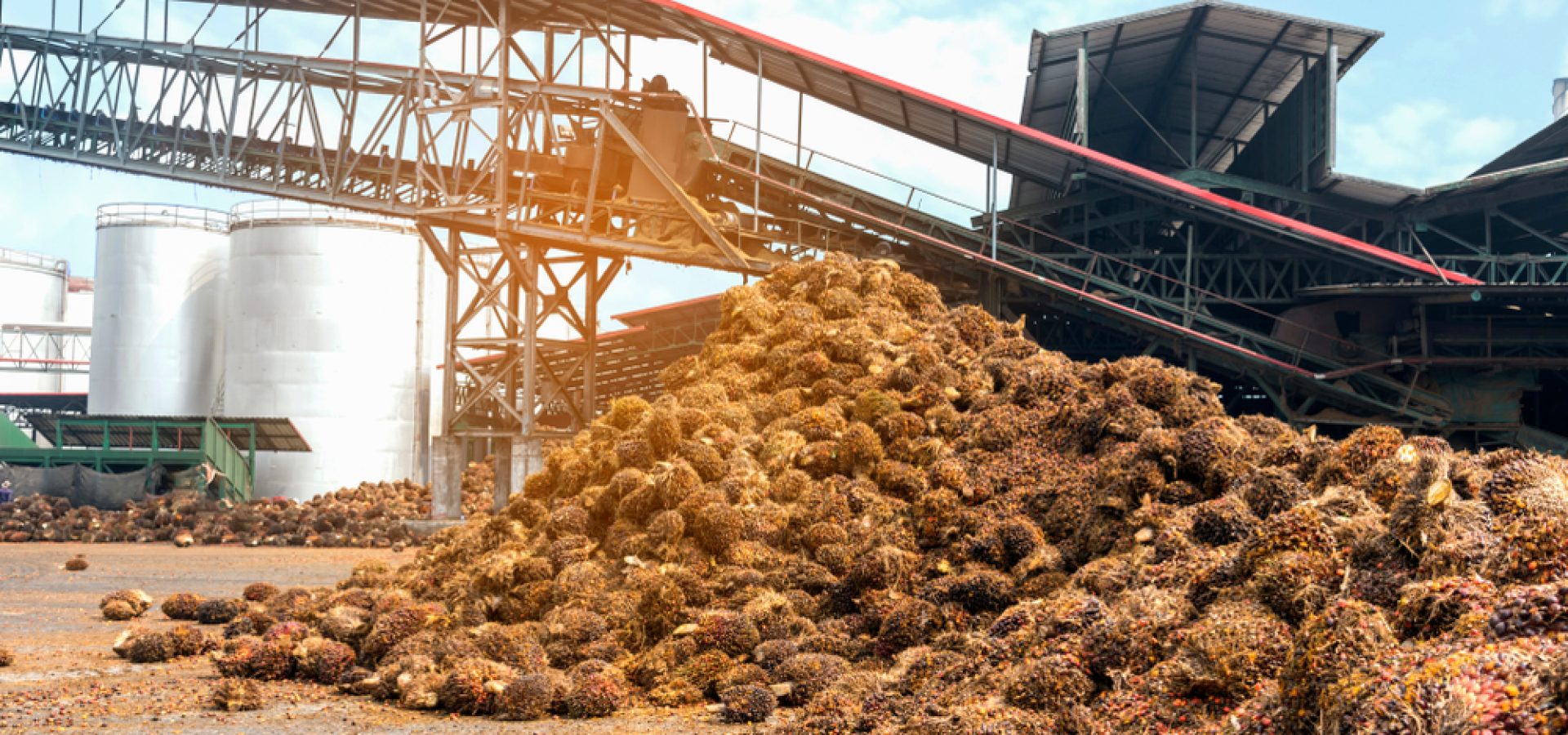Indonesia stated its plans to widen its ban on exports of refined palm olein if it faces domestic shortages of the derivatives.
The world’s biggest palm oil exporter prepares to halt refined, bleached, and deodorized (RBD) palm olein shipments.
Nevertheless, the country would allow crude palm oil exports or other derivatives from Thursday.
Accordingly, RBD palm olein accounts for 40.00% of Indonesia’s total shipments of palm oil products.
In line with this, the embargo could significantly affect export earnings in Southeast Asia’s biggest economy.
Indonesia usually transports about $2.50 billion to $3.00 billion of palm oil products per month.
Correspondingly, authorities ensure to strictly monitor the domestic supply of refined and crude palm oil. These commodities are essential raw materials to make RBD olein.
China, India, the Philippines, and South Korea source between 46.00% and 58.00% of their total palm oil imports from the state.
However, President Joko Widodo announced the ban on exports of cooking oil on Friday. The decision aims to help control the soaring domestic prices.
Consequently, the announcement pushed global edible oil prices soaring. The drought and shortages from Russia’s invasion of major crop producer Ukraine significantly dragged worldwide supplies.
The latest commodity export ban places extra strain on cost-sensitive consumers in Asia and Africa.
Then, market participants anticipated that the ban would cover a broader range of palm oil products. This expectation sent the currency rupiah and shares of Indonesian palm oil companies dwindling on Monday.
Musim Mas, a private palm oil company, said that the smaller scope of the ban indicated that the government considered the impact on the industry. However, it could also mean the blockage could last longer.
Indonesia’s palm oil export ban to be short-lived
Meanwhile, industry analysts highly projected Indonesia’s palm oil export ban to last more than a month. They explained that Jakarta has limited infrastructure to store the surplus oil.
They cited that mills can not process the fresh fruit bunches once tanks run out of space. This would waste supplies and force production to drop.
Indonesia currently holds around 5.00 million tons of palm oil stocks. Then, the country’s storage capacity is only 6.00 to 7.00 million tons. If the embargo continues, facilities will be full by May.
The state manufactures 4.00 million tons of palm oil every month. Subsequently, it consumes an average of 1.50 million tons in the same period.
Moreover, experts noted that the country faces mounting pressure from buyers to resume shipments.









COMMENTS